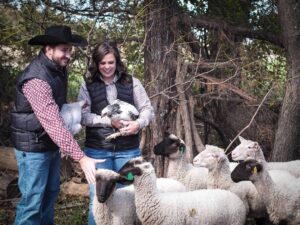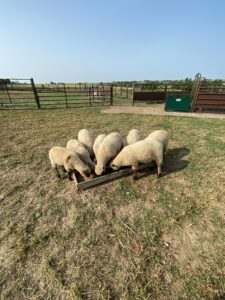I love talking! Seriously, I know that sounds strange, but I am a person who can talk something to DEATH! If you don’t believe me, just ask my husband. Today there are many ways to have a conversation. With Facebook, Twitter and Instagram, you can begin a whole conversation thread with people all across the country based on just a photo. How crazy is that? It’s amazing and scary at the same time. Amazing because your voice can be heard by many, and scary because when you put your opinion out there on the web or through verbal conversation, there are going to be people who don’t agree with you.

We’ve all had experiences that have helped shape our ideas and beliefs. Perhaps some of us went through a challenging upbringing, or grew up with limited resources. Maybe someone close to us has experienced a major medical scare or accident. Even things like marital status, having children and our current careers can impact our views of the world. All of these things can invoke powerful emotions in people. Emotions can be positive things that help us understand when we are happy or sad. However, the problem with emotions, is they can often negatively impact our decision-making process.
As a farmer and a CommonGround volunteer, I regularly interact with consumers. I am passionate about helping people connect with farm life by helping them understand how their foods are grown and raised. In the United States, we have the safest, most abundant and most regulated food industry in the entire world. However, there are still people who are concerned with how their foods are produced. I often visit with people who are very much against modern agriculture. They see confusing labels in the supermarket like “GMO-free, no added hormones” or “no high fructose corn syrup.” This immediately gives people the impression that these production methods are bad or unsafe. However, I always like to get to the bottom of people’s concerns. As a farmer, it’s easy for me to want to defend our agricultural practices and present all of the scientific evidence to why our food products are safe. However, this isn’t a great way to establish a positive dialogue. Rather, I’ve learned the importance of active listening. I truly want to hear from consumers and understand their concerns. By understanding a consumer’s concerns, I’m able to better understand their values and overall outlook on life. Oftentimes, I can find commonalities from my own life, which can help foster a positive discussion.
Once I’m able to better understand a consumer through active listening, I’m able to see where they’re coming from. Perhaps they’ve had powerful past memories or witnessed something in the media that’s negatively shaped their opinions of farming. By understanding these triggers, I’m able to better reassure or talk consumers through the safety and science of modern agricultural production.

I’ve found it’s easier for people to form opinions than it is for them to change their mind. This is why two-way dialoguing is so important. While I love talking about my farm – how we grow our crops, how we raise our livestock, how we practice sustainability – you, as a consumer, don’t want to hear a lecture. I want to learn from you and hopefully you’ll want to learn more from me! I encourage you to always reach out to me or to another farmer when you have questions about food. I can be a valuable source of information, and I look forward to the conversation! Like I said earlier, I love to talk and am always willing to have a conversation with you! I also challenge you to keep the conversations going–you never know how you may grow.





